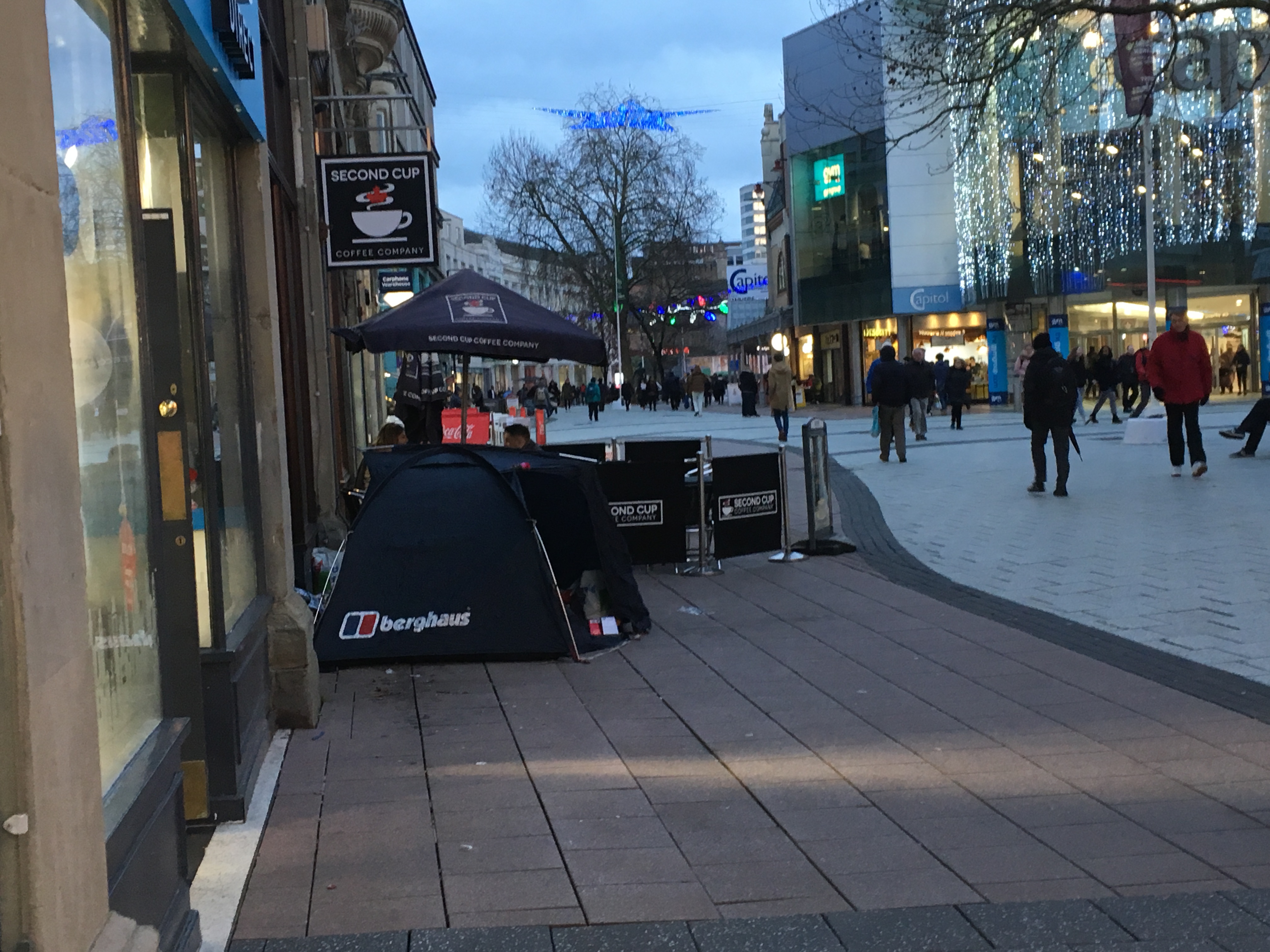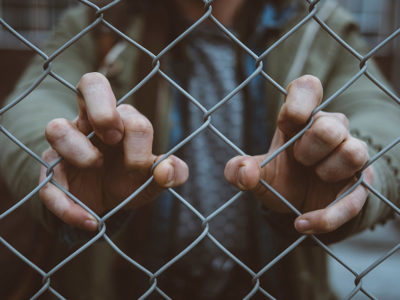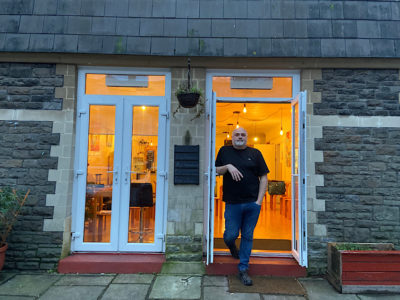Rough sleepers facing the cold
Hypothermia (when body temperature drops below 35 C) is one of the greatest dangers faced by rough sleepers in Winter. Most of us associate hypothermia with sub-zero temperatures, but it can actually occur in far milder conditions, particularly if someone is caught in the wind or rain for prolonged periods. The NHS lists ‘getting cold in wet clothes’ and ‘inadequate clothing in cold weather’ as two of the main causes of hypothermia. But while these threats are fairly trivial to avoid if you have warm, dry clothes to change into, they are problems that many homeless people can do nothing about. To treat someone with hypothermia, the first thing the NHS recommends is to get them indoors. Streetlink is one way that people can help homeless people stay safe in cold weather. This app enables members of the public to alert local authorities to those sleeping rough in the cold. It then connects them to local services to make sure they get the help they need.
Staying outside in winter can be deadly, but despite the numbers sleeping rough, homeless shelters say they are not at capacity
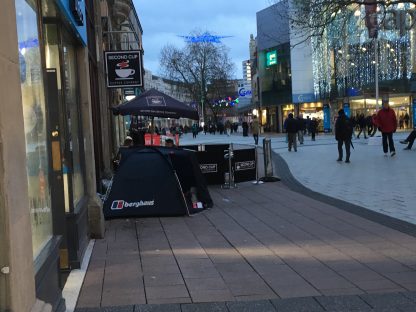
Tents, blankets and sleeping bags are a common sight in Cardiff city centre
Winter is a dangerous time to be homeless. Whereas most of us can turn up the heating and huddle indoors when temperatures drop below freezing, those without homes are constantly exposed to the elements, sometimes with fatal consequences.
At the beginning of March this year, the UK experienced a cold wave nicknamed ‘the Beast from the East’, which combined with Storm Emma to create severe conditions.
In Cardiff some homeless slept on the streets, despite there being space available in shelters. The chief executive of Huggard, a Cardiff based homelessness charity, told the BBC he was worried rough sleepers could die if they remained out in the cold.
Rough sleeping in Cardiff is becoming more common. The Wallich’s Rough Sleepers Intervention Team observed that the number of rough sleepers they encountered each month was consistently higher in 2016-2018 than 2013-2015.
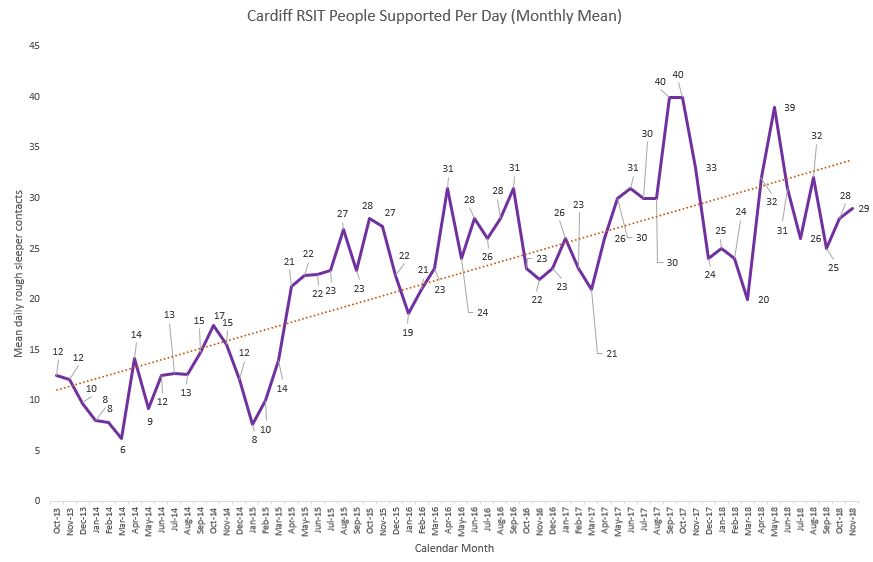
Number of rough sleepers contacted by the Rough Sleepers Intervention Team by month (click to enlarge)
With winter underway and the weather turning icy once more, how can rough sleeping be prevented, or rough sleepers protected?
Is there enough room?
There are many organisations and services in Cardiff that try to provide homeless people with a place to sleep. Most increase their provision in winter.
Huggard, for example, offers an extra 20 spaces of emergency accommodation during cold weather, on top of the usual 25.
“Nobody has to sleep rough”
Huggard representative, Karen Holbrook, said that the number of homeless shelters in Cardiff meant sleeping rough was unnecessary.
“Nobody has to sleep rough. There is enough accommodation in Cardiff,” she said. “Whether it’s the accommodation that everybody wants is another thing.”
Cardiff council built five ‘emergency pods’ at its city centre hostel, Ty Tresilian, this year, and is providing an additional 90 spaces this winter, bringing the total number of places up to 216. A Cardiff council spokesperson revealed there have been unused spaces every night this winter.
“Sadly, even during the harshest of conditions like the heavy snow of earlier this year, many entrenched individuals remain sleeping out,” they said.
Why would you avoid a shelter?
In Karen’s experience there are many different reasons a homeless person might choose to stay on the streets when there is the possibility of shelter.
“Many have been in those circumstances most of their life and they’re fed up with bureaucracy – of having to engage with it,” she said.
Drugs play a major role in keeping people on the streets. Those with addictions will often stay outside because they can’t use drugs in shelters.
Others remain on the streets for their dogs, which some shelters do not provide for.
“Also, especially in the run up to Christmas, the begging is very good,” Karen added.
One woman, who wished to remain anonymous, said she was unwilling to go back to the Huggard Centre after being robbed.
“You go in the shower, people nick your clothes. You have people intimidating you and the staff don’t do anything,” she said.
Karen said Huggard has security guards and CCTV cameras, but because it houses some of the most chaotic people in the city, there could be an element of theft.
“We do everything that we can to try and alleviate that,” she said. “There’s not really much more we can do apart from giving everyone their own room, which sadly isn’t possible.”
The lack of rooms can itself be a reason to avoid shelters. Karen said some, particularly those with mental health issues, find it too claustrophobic to share a space with 25 other people.
Homeless services do their best to persuade rough sleepers to come inside, but they have the right to refuse. If homeless people are sleeping outside even in the coldest conditions, something must be done to ensure their wellbeing.
What can be done to help?
Pete Wentland said shelters and other homelessness services were woefully underfunded and inadequate for purpose.
He is the founder of the Hot Water Bottle Network, a community driven project which donates hot water bottles to those sleeping outside. Having set up the project in Bristol last year while homeless himself, he has since helped it to spread to Bath and Cardiff.
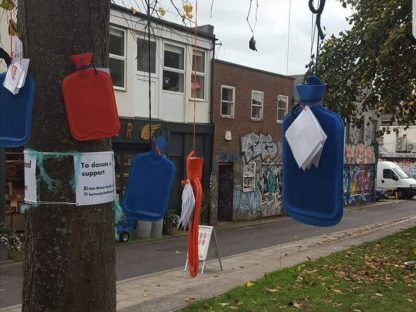
The HWBN hangs hot water bottles from trees and lampposts so that anyone can help themselves (Image: HWBN)
The Wallich is another charity with initiatives to help the homeless keep warm while on the streets. Its ‘pass the parcel’ scheme provides hats, gloves and coats to those most in need.
Pete stressed that donating warm clothes or hot water bottles could only ever be a stop-gap, but it did have an impact.
“The comfort of a hot water bottle, while in no way a solution, can make a difference, from warming up a sleeping bag enough to fall asleep to potentially avoiding hypothermia and saving lives,” he said.
Pete is campaigning to end homelessness. “The only real and humane solution to homelessness is to give people homes,” he said.
Unfortunately, it doesn’t seem like this will be achieved any time soon, as the problem is getting worse, not better. Statistics released by Shelter Cymru show a three percent increase in homelessness in Wales last year.
As long as homelessness persists, shelters will continue to provide an invaluable service. But with rough sleeping so prevalent, schemes that help those outside of shelters are becoming increasingly important.
Rough sleepers facing the cold
Hypothermia (when body temperature drops below 35 C) is one of the greatest dangers faced by rough sleepers in Winter. Most of us associate hypothermia with sub-zero temperatures, but it can actually occur in far milder conditions, particularly if someone is caught in the wind or rain for prolonged periods. The NHS lists ‘getting cold in wet clothes’ and ‘inadequate clothing in cold weather’ as two of the main causes of hypothermia. But while these threats are fairly trivial to avoid if you have warm, dry clothes to change into, they are problems that many homeless people can do nothing about. To treat someone with hypothermia, the first thing the NHS recommends is to get them indoors. Streetlink is one way that people can help homeless people stay safe in cold weather. This app enables members of the public to alert local authorities to those sleeping rough in the cold. It then connects them to local services to make sure they get the help they need.

